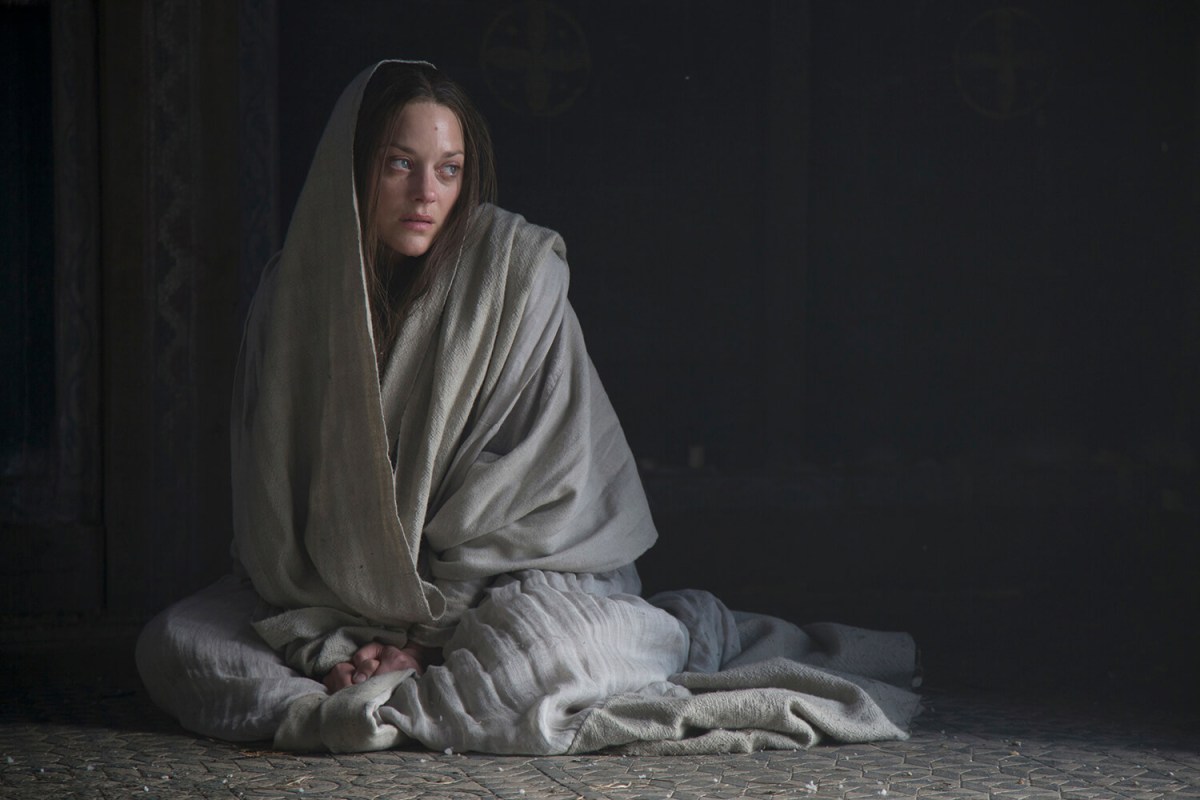‘Macbeth’ One ought not to presume a piece of art has anything to do with their creator’s life. With Roman Polanski’s 1971 film of “Macbeth” it’s hard to resist. It was the first film the filmmaker had made since the murder of his wife Sharon Tate and their unborn daughter by the Manson Family. But Polanski was testy whenever anyone pointed out any connections, obvious though they may be. Some, like Pauline Kael, got testy back, citing Macbeth’s ordered murder of Lady Macduff as so close to life to border on the tasteless: here’s a woman left home by her traveling husband, assaulted and brutally slain by intruders. Polanski even ends the scene before she herself is slain, as though he’s already shown enough horror. That’s the only real direct link between his life and his film. But the whole of his “Macbeth” is steeped in misery and pessimism and cynicism and gloom and doom — of someone who’s in a really bad place and needs to exorcise those demons in a blaze of glory. If that means perverting Shakespeare, then so be it. Polanski’s telling of The Scottish Play takes away the part where you’re supposed to half-like its antihero (played by a distant Jon Finch). He’s bound to let his ambitions have their way with him even before he’s met the very gnarly witches. What follows isn’t escalating trouble but one’s inner psycho unleashed. In fact, Lady Macbeth (Francesca Annis) is the good cop. Making the Macbeths mean isn’t all it does; it makes them young too. That’s probably closer to what was intended, but due to the difficulty of the characters, they’re often played by those in middle aged — people who’ve experienced and can thus convey more. Making them younger — the golden-haired Annis, actually, faintly resembles Sharon Tate — makes them either less or more evil: Are they innocents or innately monstrous? But personality doesn’t entirely matter here, and nor does language. More than any Shakespeare adaptation, the actors normalize the Bard’s verse, reciting as though it were the most natural thing in the world. It forces the viewer/listener to almost ignore its complexities, to focus on everything else except the text. This may be too outside-the-box for even the most open-minded purist. Disliked when it came out, it was demonized in part due to the names attached, including its producers, Playboy. Naturally Annis performs her Lady Macbeth breakdown in the buff. (Polanski’s defense: People then slept in the nude, which is in fact better for you.) Then again, the most nudity goes to a massive cave filled with naked, grotesque witches — as though Polanski was thumbing the eyes of his unlikely moneymen. For the record, Playboy, unlike their counterparts, saw themselves as both pervy and intellectual robust; witness the surreal spectacle of the old show “Playboy After Dark,” in which a lounging Hefner would hold brainy chats with the era’s top intellectuals while surrounded by barely clad hotties. You needn’t compare this to Penthouse’s “Caligula” — a singularly, almost impressively unpleasant (and probably deadly accurate) presentation of hedonistic Rome — to make it look good. Though it’s sometimes just as bleak-o-rama, filled with gore, buckets of blood and an unspirited worldview. (Sure enough, at the end, after Macbeth has been unceremoniously decapitated, his head ridden around on a spike, Macduff’s son goes to pay his own visit to the witches — an act that rhymes with the opening, where the witches bury the severed forearm of their previous victim.) But it’s not presented as a relentless dirge; its copious transgressions and tragedies are presented calmly and cleanly. Take them out and this could pass as a traditional history play put on film. That does make it scarier: When it segues into darker business it does so casually, as if it’s the most natural thing in the world.
The Criterion Collection
$39.95
Disc Jockey: Roman Polanski went bleak-o-rama with his deeply unhappy ‘Macbeth’

Criterion Collection
Follow Matt Prigge on Twitter @mattprigge

























